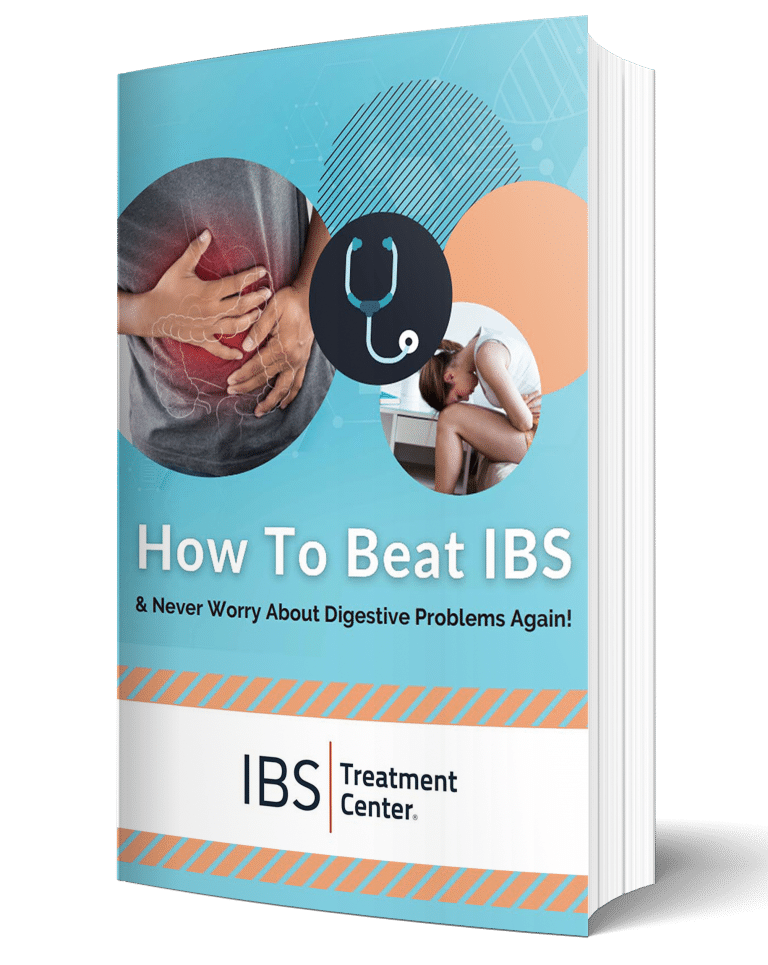What is anemia?
Anemia is a common blood disorder that is a decrease in the number of red blood cells (RBCs) and/or poorly formed red blood cells. These are the cells in your blood that carry oxygen. If you are anemic, then you will be tired because you are not delivering as much oxygen to your body as someone who is not anemic.
There are many different types of anemia, but the most common are due to iron deficiency or vitamin B12 deficiency. Iron deficiency anemia will show up on your complete blood count (CBC) as a low RBC count, low hematocrit (Htc), and/or low hemoglobin (Hgb). Vitamin B12 deficiency anemia typically shows up as an increase in the size of the red blood cells. On your CBC it is noted as the MCV.
How to catch low iron before you become anemic.
Iron is stored in the body in a protein form called ferritin. Ferritin levels can be measured with a simple blood test. Ferritin decreases long before iron deficiency anemia is apparent on a complete blood count. Therefore you can often prevent iron deficiency anemia by monitoring your ferritin level.
It can take several months of iron supplementation to rebuild iron stores. If you are anemic and you take iron only long enough to correct the anemia, you likely have not built up your iron stores enough to last for very long. Then you are much more likely to become anemic again in the near future, which of course will cause you to be tired. This is another good reason to check your ferritin level.
What is borderline anemia?
It is not unusual for people to report that they have been told that they are borderline anemic. In most cases, they were not told to take iron. What you should know is that borderline anemia is not a technical term. You either are anemic or you are not anemic. If you have been told that you are borderline anemic, then you are probably anemic.
Correcting this problem will help you to feel much better. If you are borderline anemic and it is due to an iron deficiency, then your iron stores will be very low. So have your ferritin checked.
What about vitamin B12?
If your anemia is due to a B12 deficiency, then taking B12 will solve your problem. Your doctor may prescribe B12 injections, which will improve the treatment and vastly increase the amount of B12 getting into your body. Vitamin B12 is also stored in the body, but its stores are unfortunately not so easy to measure.
What does this have to do with IBS?
The important question underlying anemia is “Why do you have low iron or B12 levels?” The answer may be that you don’t absorb them well. People with IBS and related digestive problems often have a problem absorbing nutrients. This is particularly obvious with diarrhea, which is clearly a malabsorption issue. However, constipation can also the same problem absorbing nutrients can also happen with constipation.
This is why many people with IBS also suffer from chronic anemia. They are not absorbing the iron and/or vitamin B12 that is in their food. Their digestive problem can lead to other problems such as anemia. Correcting the IBS allows the digestive tract to heal and will result in a much better absorption of these nutrients. It will also result in a much better absorption of other nutrients that are not so commonly measured.
The end result is that you not only solve your digestive problems, you also solve your anemia. And ultimately you are much healthier and happier.

Dr. Wangen is the founder and medical director of the IBS Treatment Center, the award winning author of two books, and a nationally recognized speaker on digestive disorders. He has been on ABC, NBC, and Fox as well as public radio, and was named one of Seattle’s Top Doctors by Seattle Magazine.

